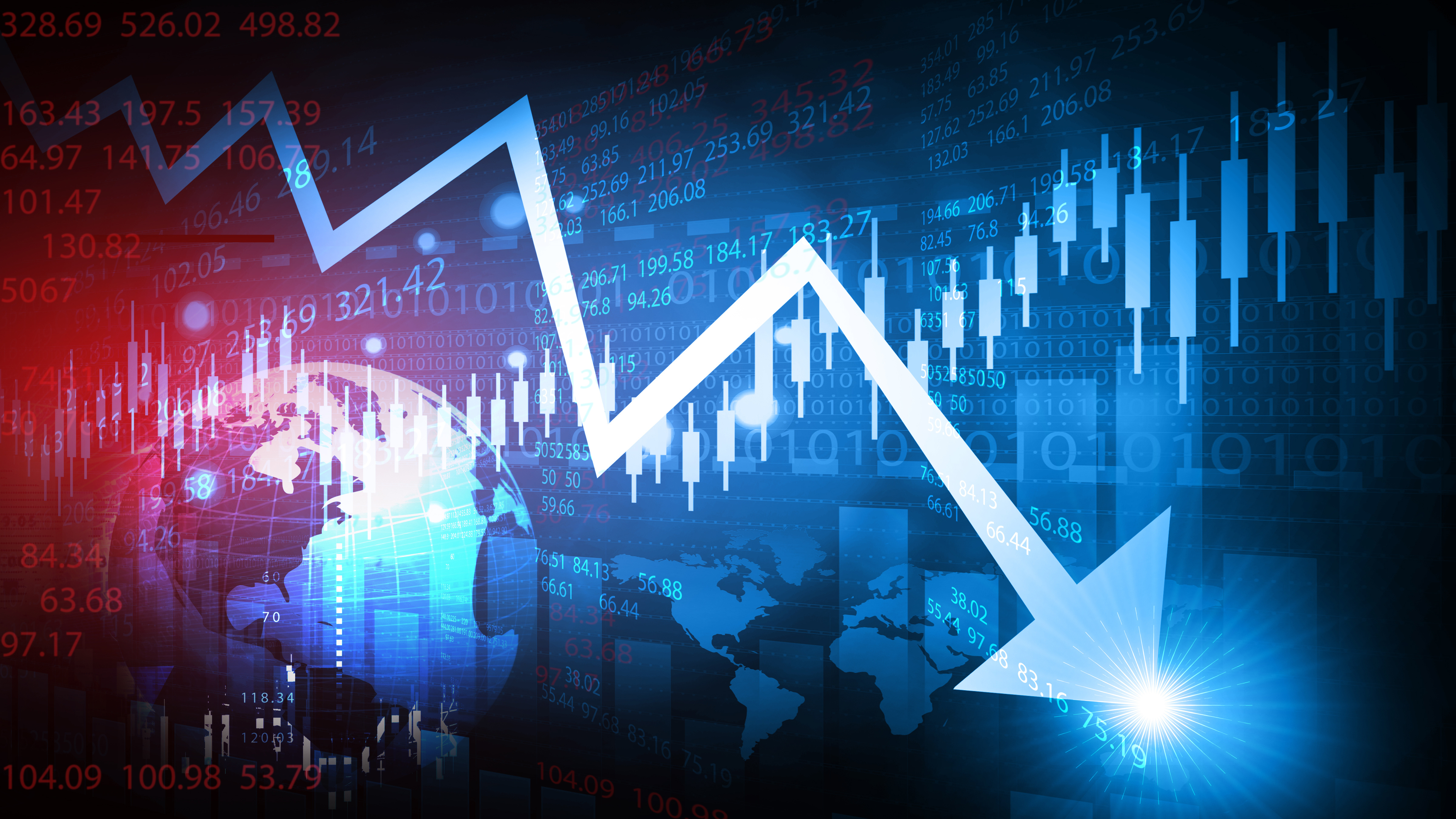
We are starting to see some guesses about the economic damage from the shutdowns driven by the pandemic.
When you read about the 10 million people who have filed for unemployment in the last two weeks and consider there will be millions more and the unemployment will continue for another month or two, ponder the ripple effects.
That shock of unemployment translates into cars not purchased, summer & Christmas vacations not taken, conferences not attended, college enrollment delayed a year, fancy wedding receptions never planned, and house renovations postponed by a decade.
4/5/20 – Wall Street Journal – State Shutdowns Have Taken at Least a Quarter of U.S. Economy Offline – Study by Moody’s Analytics estimates that 29% of the U.S. economy has shut down. That is the estimated drop in output we have already seen.
Some of the staggeringly dangerous hits to U.S. output and wealth:
- California – daily GDP is $8.8B – of that daily loss is $2.8B
- 15 largest states have about 70% of U.S. GDP – daily loss is $12.5B
Lost output for three of the very large counties in the U.S. that make up about 10% of national GDP:
- 35% – Los Angeles county – primarily city of Los Angeles
- 25% – New York county – Manhattan
- 30% – Cook County – Chicago
Moody’s chief economist guesses a 30% annualized drop in Q2 output.
These estimates are from demand-side collapse. Not considered is the supply side drop when people are only slowing getting back to work and don’t have money to spend or are trying to recover from the shutdown and won’t spend money they do have.
To put this in perspective, Moody estimates the GDP saw a $111B hit after the 9/11 terrorist attacks. Current guess is there has already been a $350B drop in output. In other words, there has already been over 3 times as much lost GDP from pandemic shutdown as the 9/11 attacks.
4/6/20 – CNBC – Janet Yellen says second-quarter GDP could decline by 30% and unemployment is already at 12%-13% – Headline covers the interview. Former chair of the Federal Reserve takes a guess at second quarter GDP: down 30%. She speculates that if there were such a thing as an instantaneous calculation of unemployment the rate would be in the range of 12% or 13%.
What will be the impact of that level of a shock? Something to ponder for your business and how your clients will handle the next many months.
Also something to keep in back of your mind for your going concern assessments.
Update: 4/8/20
4/6/20 – American Enterprise Institute – Breaking the coronavirus recession won’t be easy – Resuscitating the U.S. economy from the government imposed coma necessitated by the pandemic before there is permanent damage to multiple organs is going to be difficult. Multiple articles I’ve read, including this one, suggest the recession that is already underway will be worse than the Great Recession of 2008 and 2009.
Author says many economists are estimating the second quarter will see an annualized drop in GDP of 35%. That means about 8% or 9% for the quarter. I’m thinking that is a bit optimistic. Estimates are also running in the range of a 20% unemployment rate.
There will be a significant bounce-back, but full recovery will take a lot of time.
Author suggests a lot of industries will be very slow to recover. A few questions to focus the thoughts:
How long until people are going to be comfortable sharing a packed athletic stadium? Or go to a shoulder to shoulder music concert? (athletics and entertainment industries)
How long until people will crowd to the mall? (Hint, to buy stuff they don’t really need with money they either don’t have or fear they will need for other bills.) (retail, shopping malls)
How long until people will want to get on an airplane, fly to a conference, rent a room, and sit in a meeting with bunches of people? (airlines, conference presenters, hotels)
How long until car rental companies will want to replace their inventory of cars? (auto makers)